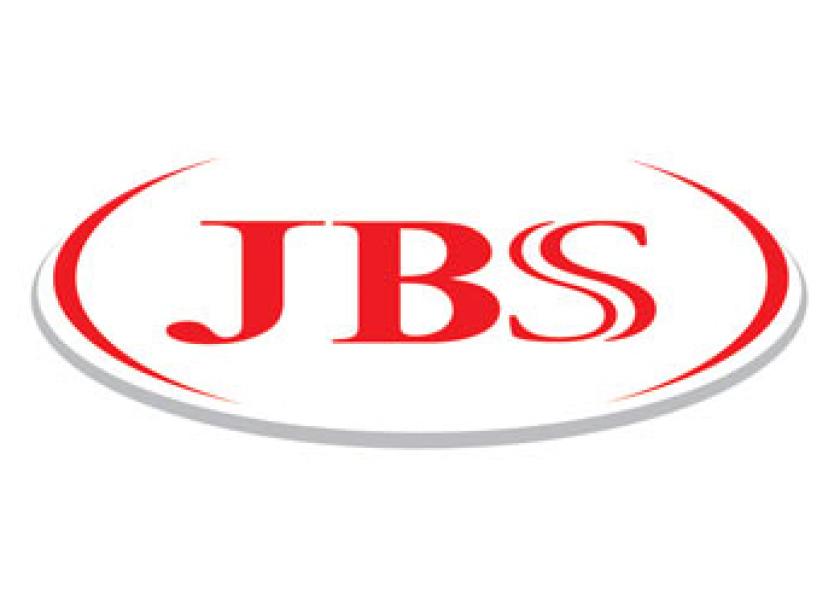JBS Temporarily Closes Green Bay Plant Due to COVID-19

JBS USA has temporarily closed its Green Bay, Wisc., beef production facility due to an outbreak of COVID-19 cases tied to the facility. The plant employs more than 1,200 people, and has been linked to 189 cases of the illness, the Milwaukee Journal Sentinel reports.
JBS says in a statement that in partnership with the Wisconsin Department of Health Services and the Brown County Health and Human Services Department – Public Health Division, it has advised its team members to follow the Wisconsin Governor’s “Safer at Home Order” while the plant is closed. It will continue to pay its team members while the plant is closed.
“As an essential business providing necessary supplies and services for Wisconsin, we have endeavored to maintain operations to ensure continued access to safe, affordable food,” says Shannon Grassl, President of the JBS USA Regional Beef in the statement. “Given the continued spread of coronavirus in our community and among our workforce, we have decided to voluntarily close our Green Bay facility in an effort to help flatten the curve of infections in Brown County. We’ve been focused on doing everything we can to keep the virus out of our facility, but we believe a temporary closure is the most aggressive action we can take to help our community collectively slow the spread of COVID-19.”
The company has adopted the following safety measures at its facilities to prevent coronavirus from entering its workplaces and support its team members:
- Temperature testing all team members prior to entering facilities, including the use of hands-free thermometers and thermal imaging testing technology;
- Providing extra personal protective equipment (PPE), including protective masks, which are required to be worn at all times;
- Promoting physical distancing by staggering starts, shifts and breaks, and increasing spacing in cafeterias, break and locker rooms, including plexiglass dividers in key areas;
- Increasing sanitation and disinfection efforts, including whole facility deep-cleaning every day;
- Hiring dedicated staff whose only job is to continuously clean facilities, including common areas beyond the production floor;
- Removing vulnerable populations from facilities, offering full pay and benefits;
- Requiring sick team members to stay home from work;
- Waiving short-term disability waiting periods;
- Relaxing attendance policies so people don’t come to work sick;
- Providing free 100% preventative care to all team members enrolled in the company’s health plan;
- Offering free LiveHealth Online services for team members enrolled in the company’s health plan that allow for virtual doctor visits at no cost;
- Educating and encouraging team members to practice social distancing at home and in the community outside of work; and
- Restricting access to facilities and not allowing visitors.
Related:
Interactive Map: Meat Packing Plant Status Amid COVID-19 Pandemic
COVID-19 Impact: Packers Reduce Harvests and Producers Face Crisis







